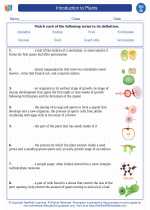Climate Change
Climate change refers to significant and long-term changes in the Earth's climate, including changes in temperature, precipitation, and wind patterns. These changes are largely attributed to human activities, such as the burning of fossil fuels, deforestation, and industrial processes, which release greenhouse gases into the atmosphere.
Causes of Climate Change
1. Greenhouse Gas Emissions: The primary cause of climate change is the release of greenhouse gases, such as carbon dioxide, methane, and nitrous oxide, which trap heat in the Earth's atmosphere and lead to a warming effect known as the greenhouse effect.
2. Deforestation: The clearing of forests for agriculture, urban development, and other purposes reduces the number of trees that can absorb carbon dioxide from the atmosphere, contributing to higher levels of greenhouse gases.
3. Burning Fossil Fuels: The combustion of fossil fuels, including coal, oil, and natural gas, releases large amounts of carbon dioxide and other greenhouse gases into the atmosphere.
Effects of Climate Change
1. Rising Temperatures: Global temperatures are rising, leading to more frequent and severe heatwaves, as well as changes in weather patterns.
2. Extreme Weather Events: Climate change contributes to more intense and frequent natural disasters, such as hurricanes, droughts, and floods.
3. Sea Level Rise: As global temperatures increase, polar ice caps and glaciers melt, causing sea levels to rise and threatening coastal communities and ecosystems.
4. Impact on Ecosystems: Climate change disrupts ecosystems and habitats, leading to changes in the distribution of species and loss of biodiversity.
Study Guide
Key Concepts to Understand:
- Definition of climate change
- Causes and sources of greenhouse gas emissions
- Impact of climate change on global temperatures, weather patterns, and sea levels
- Effects of climate change on ecosystems and biodiversity
Study Tips:
- Review the greenhouse effect and how greenhouse gases contribute to climate change
- Understand the role of human activities, such as burning fossil fuels and deforestation, in causing climate change
- Explore case studies and examples of how climate change is affecting different regions and ecosystems
- Discuss potential mitigation strategies and actions to combat climate change
Practice Questions:
- What are the primary causes of climate change?
- How does climate change impact weather patterns and natural disasters?
- Explain the relationship between greenhouse gas emissions and the greenhouse effect.
- Discuss the potential consequences of sea level rise due to climate change.
[Climate Change] Related Worksheets and Study Guides:
.◂Biology Worksheets and Study Guides High School. Introduction to plants
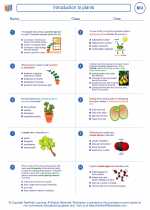
 Worksheet/Answer key
Worksheet/Answer key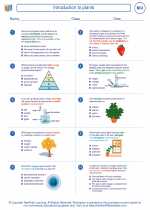
 Worksheet/Answer key
Worksheet/Answer key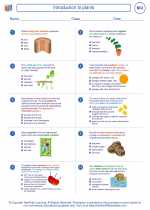
 Vocabulary/Answer key
Vocabulary/Answer key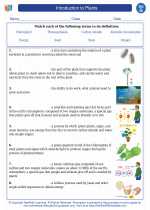
 Vocabulary/Answer key
Vocabulary/Answer key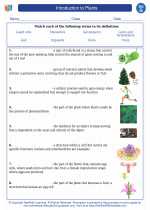
 Vocabulary/Answer key
Vocabulary/Answer key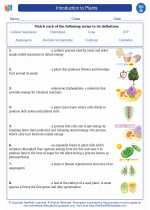
 Vocabulary/Answer key
Vocabulary/Answer key
 Vocabulary/Answer key
Vocabulary/Answer key